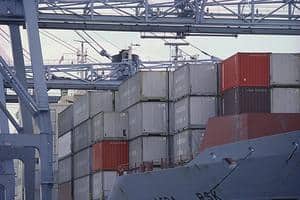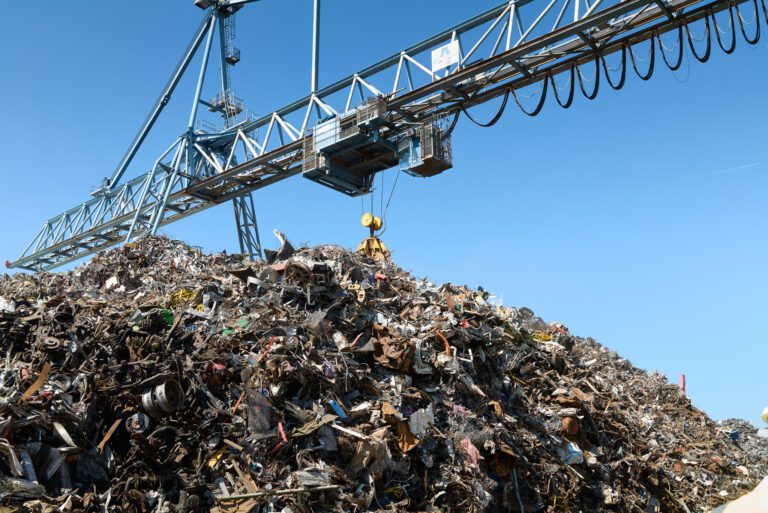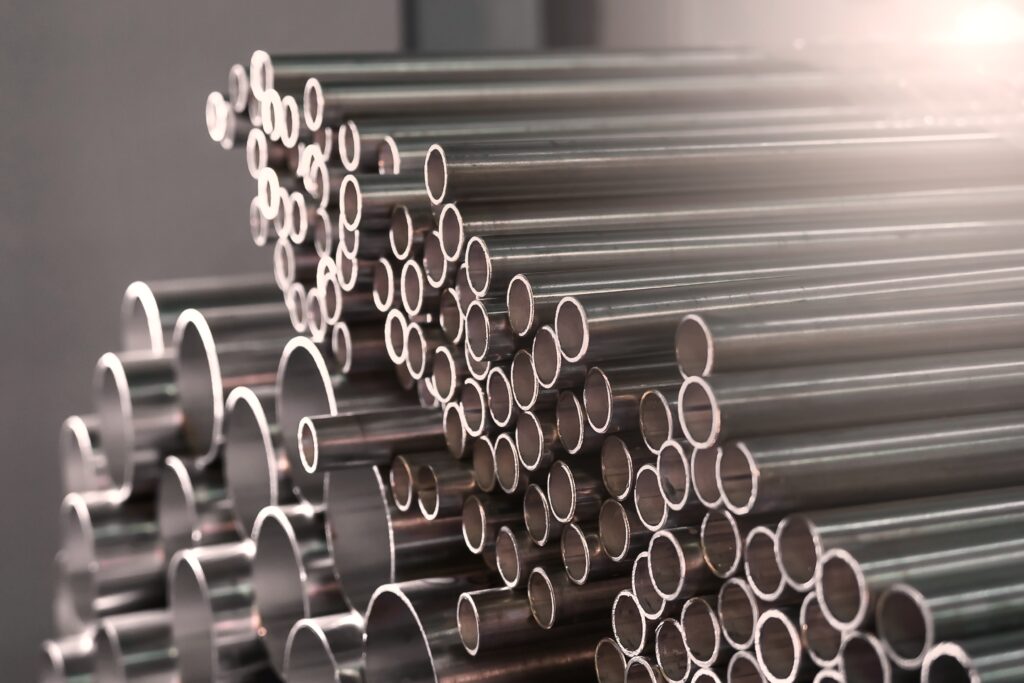Shipping lines are restricting exports of electronic equipment from the UK to Nigeria, in the wake of growing concern over illegal export of electrical waste to West Africa.
In the email, which has been seen by letsrecycle.com, the company's UK and Ireland line manager, Mike Soper, explained that the decision had been made as a result of the Nigerian authorities increasing restrictions on electrical and electronic item imports.
“I'm sure you are aware that in the past few weeks the Nigerian Environmental Agency (NESREA) have increased their restrictive measures regarding the importation of electrical and electronic items,” he said.
“In an effort to avoid any problems with future shipments it has been decided that with immediate effect that the shipment of ALL electrical and electronic items are now prohibited,” he added.
Mr Soper also warned that failure to comply with the instruction could result in company's shipping material to Nigeria being fined or having their vehicle impounded by the Nigerian authorities. It is understood that the Nigerian authorities are requiring fines of up to $100,000 (£62,500) to be paid for impounded vehicles to be released.
A shipping industry insider, who wished to remain anonymous, told letsrecycle.com that other shipping companies were going further than RMR and banning all cargo being shipped in vehicles, due to uncertainty over what the Nigerian authorities would and wouldn't stop.
Arrests
Commenting on the situation, Justin Greenaway, contracts manager for UK WEEE reprocessor SWEEEP Kuusakoski, said that it reflected concerns over incidents where electronic waste has been labelled as fit for reuse to Nigeria and other West African countries, whereas as waste it should not be exported.
The Environment Agency has raised the issue as being a growing problem (see letsrecycle.com story) and last month charged nine people as part of its largest investigation yet into the practice (see letsrecycle.com story).
Mr Greenaway explained that shipping lines would not want run the risk of being involved in high-profile cases, which would “reflect badly on the work they do before it [the vehicles] go out”.
And, he said, with electronic equipment only representing a small amount of the material shipping lines deal with, “with the risk that they'll impound a whole lorry it's not good for shipping lines”.
He added that he had received indications that other West African countries, such as Ghana, were also tightening their restrictions on electronic equipment imports.









Subscribe for free